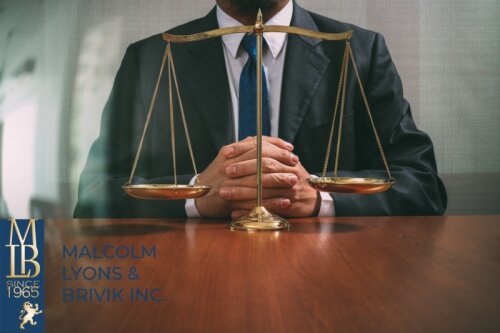Best Toxic Mold Lawyers in Cape Town
Share your needs with us, get contacted by law firms.
Free. Takes 2 min.
List of the best lawyers in Cape Town, South Africa
About Toxic Mold Law in Cape Town, South Africa:
Toxic mold, also known as black mold, is a common issue in Cape Town, South Africa due to the city's humid climate. Mold can cause serious health problems for individuals living or working in contaminated buildings. In Cape Town, there are specific laws and regulations in place to address toxic mold issues and protect individuals from its harmful effects.
Why You May Need a Lawyer:
If you have been exposed to toxic mold and have suffered health problems as a result, you may need a lawyer to help you seek compensation for medical expenses, lost wages, and pain and suffering. Additionally, if you are a landlord or property owner facing a toxic mold claim from a tenant, a lawyer can help you navigate the legal process and protect your rights.
Local Laws Overview:
In Cape Town, the Department of Health enforces laws and regulations related to toxic mold in residential and commercial properties. Landlords are required to maintain their properties in a habitable condition, which includes addressing any mold issues promptly. Tenants have the right to request mold remediation from their landlords if they believe their living environment is contaminated.
Frequently Asked Questions:
1. What are the health risks associated with toxic mold exposure?
Exposure to toxic mold can cause respiratory issues, allergies, skin irritation, and other health problems.
2. How can I determine if my property has toxic mold?
You may notice a musty odor, see visible mold growth, or experience symptoms like coughing or sneezing when in the affected area.
3. What should I do if I discover toxic mold in my property?
Contact a mold remediation specialist to assess the situation and remove the mold safely. Notify your landlord if you are a tenant.
4. Can I sue my landlord for toxic mold exposure?
If your landlord has been negligent in addressing mold issues in your property, you may have grounds for a lawsuit.
5. How long does it take to resolve a toxic mold case?
The timeline for resolving a toxic mold case can vary depending on the complexity of the situation and the parties involved.
6. Can I prevent toxic mold in my property?
By maintaining proper ventilation, controlling humidity levels, and addressing water leaks promptly, you can reduce the risk of mold growth in your property.
7. Are there government agencies that deal with toxic mold in Cape Town?
The Department of Health and local authorities in Cape Town handle issues related to toxic mold in properties.
8. What are my rights as a tenant regarding toxic mold?
As a tenant, you have the right to request mold remediation from your landlord if you believe your living environment is contaminated.
9. How do I prove that toxic mold exposure has affected my health?
You may need to provide medical records, doctor's reports, and other evidence linking your health problems to mold exposure.
10. How can a lawyer help me with a toxic mold case?
A lawyer can help you understand your legal rights, gather evidence, negotiate with the other party, and represent you in court if necessary.
Additional Resources:
For more information on toxic mold in Cape Town, you can visit the Department of Health's website or contact local mold remediation companies for assistance.
Next Steps:
If you believe you have a legal issue related to toxic mold in Cape Town, consider consulting with a lawyer who specializes in this area of law. They can provide you with personalized advice and guidance on how to protect your rights and seek compensation for any damages you have suffered.
Lawzana helps you find the best lawyers and law firms in Cape Town through a curated and pre-screened list of qualified legal professionals. Our platform offers rankings and detailed profiles of attorneys and law firms, allowing you to compare based on practice areas, including Toxic Mold, experience, and client feedback.
Each profile includes a description of the firm's areas of practice, client reviews, team members and partners, year of establishment, spoken languages, office locations, contact information, social media presence, and any published articles or resources. Most firms on our platform speak English and are experienced in both local and international legal matters.
Get a quote from top-rated law firms in Cape Town, South Africa — quickly, securely, and without unnecessary hassle.
Disclaimer:
The information provided on this page is for general informational purposes only and does not constitute legal advice. While we strive to ensure the accuracy and relevance of the content, legal information may change over time, and interpretations of the law can vary. You should always consult with a qualified legal professional for advice specific to your situation.
We disclaim all liability for actions taken or not taken based on the content of this page. If you believe any information is incorrect or outdated, please contact us, and we will review and update it where appropriate.











